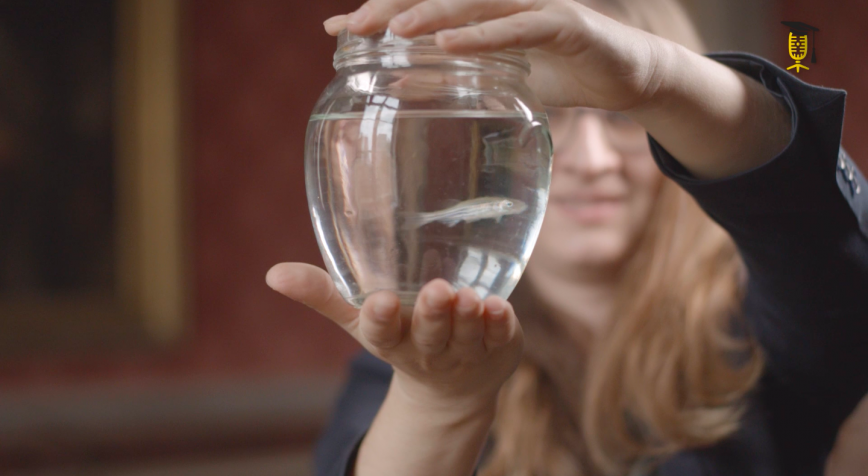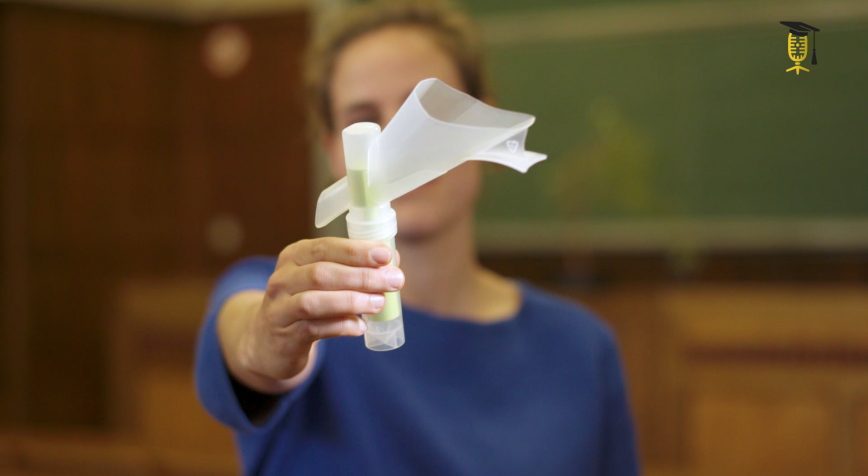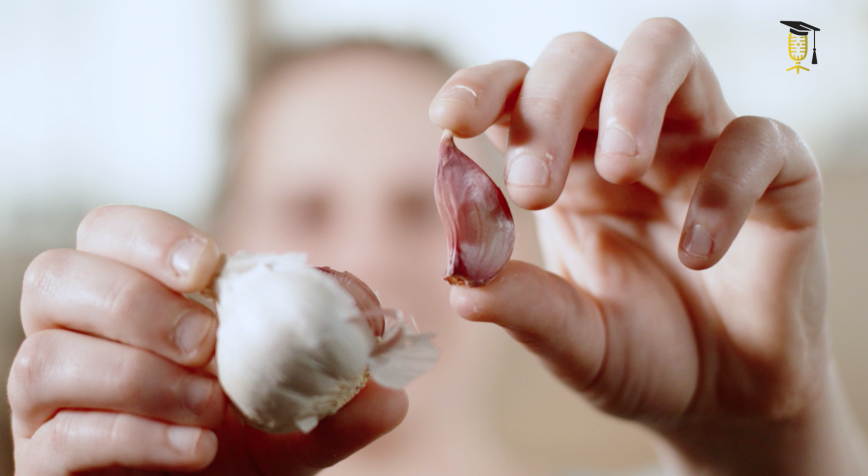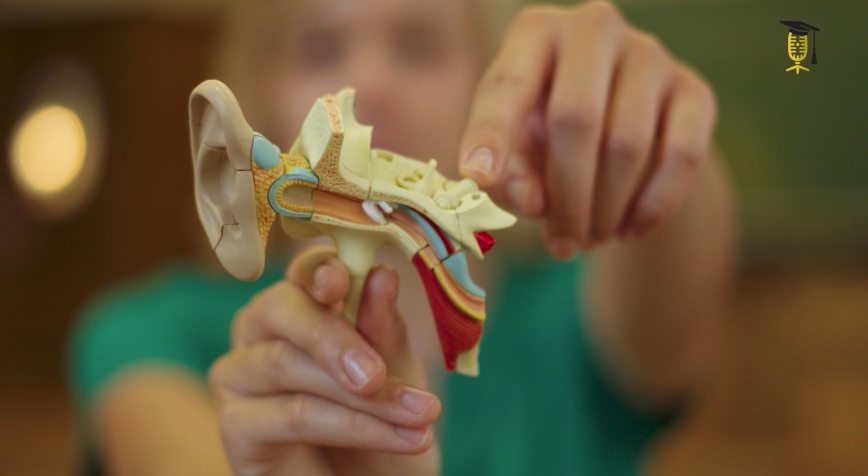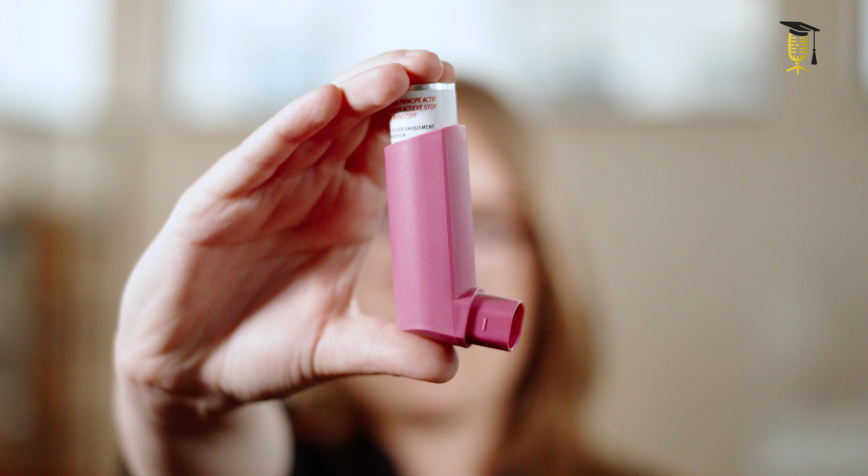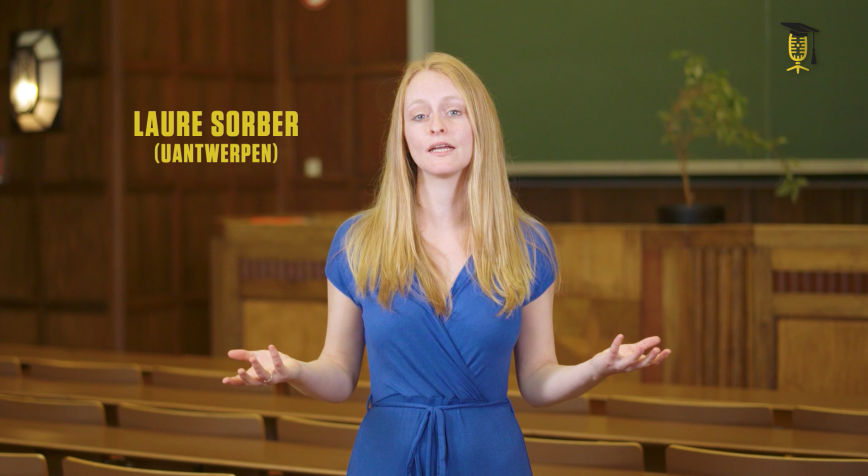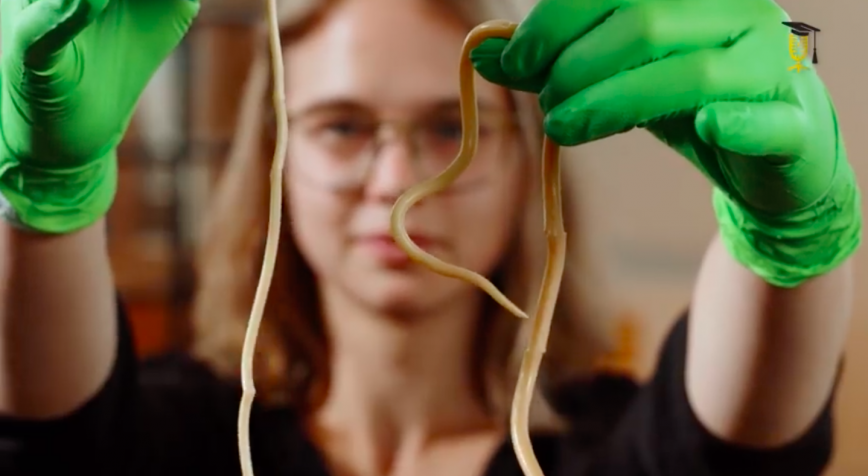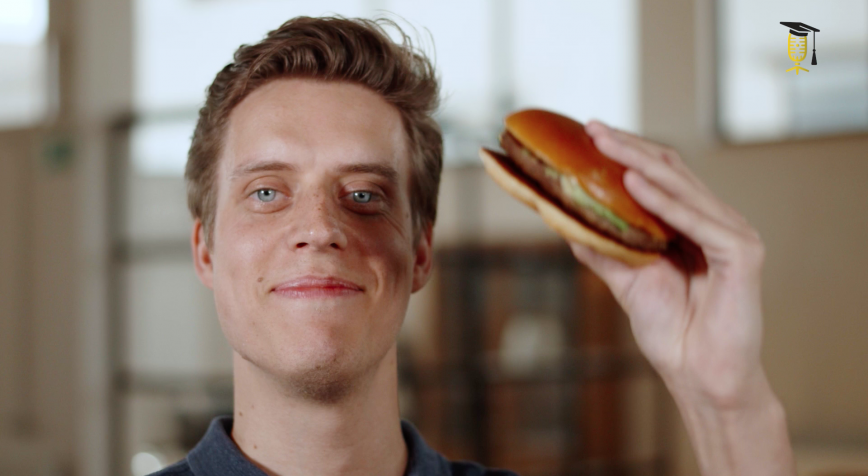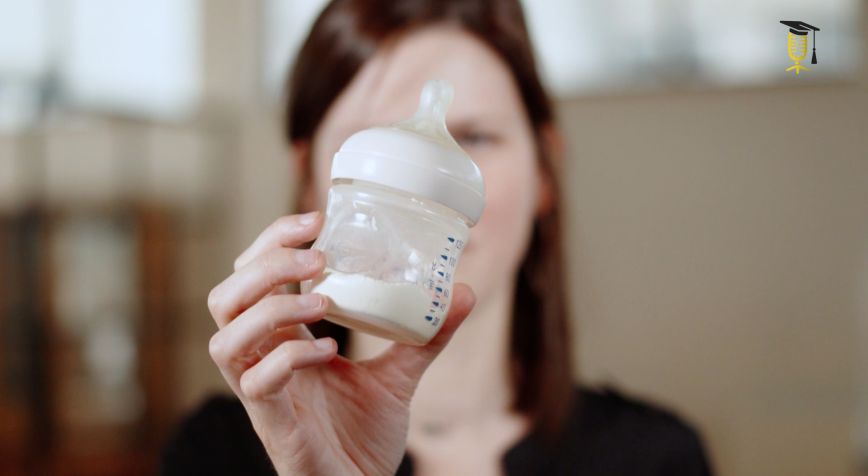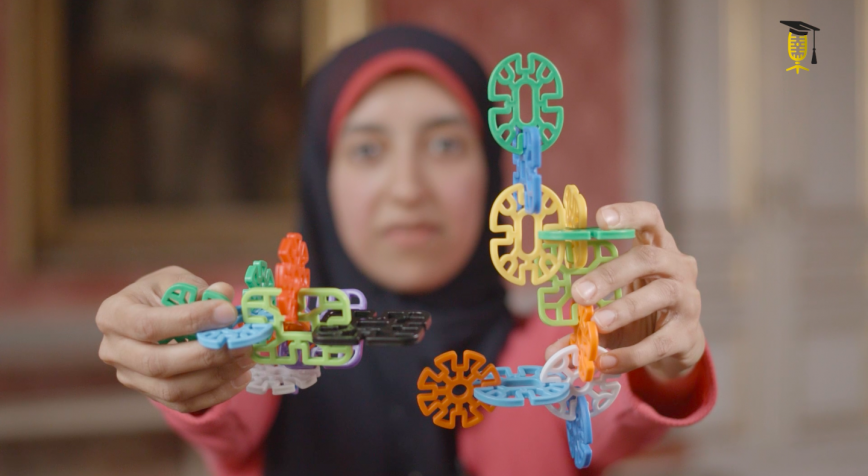
FWO
KU Leuven
Studying protein structure thanks to metal oxides
Did you know that our body contains more than 20.000 different types of proteins? These are crucial for vital functions such as wound healing. But when these proteins mutate, they can lead to diseases such as Alzheimer's. To help fight such protein-based diseases, Shorok Abdelhameed investigates methods to study the very complex structures of proteins.
